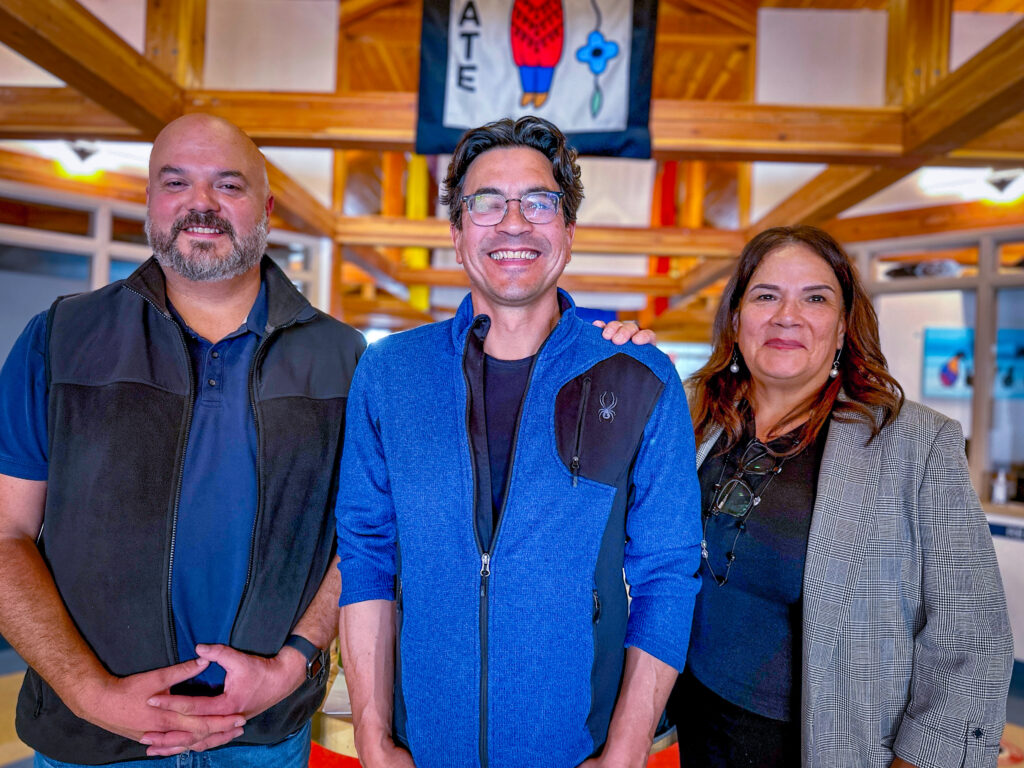Fostering Indigenous Journalism
Carleton University introduces new Certificate in Journalism in Indigenous Communities program.

In September 2025, Carleton University’s School of Journalism will welcome its first cohort in the Certificate in Journalism in Indigenous Communities program. Led by Journalism Professor Duncan McCue, the program aims to strengthen journalistic storytelling by and about Indigenous people.
“We know that there is a lot of work out there for Indigenous journalists, we know that our communities need more responsive journalism and unfortunately, there aren’t enough young Indigenous people coming up into the industry to fill the positions that are out there,” says McCue, who is also a CBC host and a citizen of the Chippewas of Georgina Island First Nation. “I’ve been teaching journalism for 15 years and every journalism school I’ve been to has only had a very small number of Indigenous students. At Carleton right now, we only have three or four Indigenous students out of a student body of roughly 500.”
The Certificate in Journalism in Indigenous Communities program (CJIIC) will feature in-person and virtual instruction from Indigenous instructors, including in-person intensives at Kenjgewin Teg on Manitoulin Island, Carleton University, and another site yet to be named.
“We’re making sure that we have in-person intensives where the students will get to know each other and get a chance to do hands-on learning with the equipment,” McCue says. “We will be able to offer them introductory skills and if they decide after one year that they’ve got as much as they need to do what they want in their home communities—whether it’s run a radio station or set up a podcast or work on the band newsletter—then they’ll be able to do that. They will also have the chance to complete an internship at a local news or media outlet.”
Following that, if they decide they want to continue studying journalism, the students will be able to go straight into second year of the Bachelor of Journalism program at Carleton. Alternatively, they can continue their studies in the second year of the Bachelor of Arts, General Studies degree, which is fully online. McCue hopes the program will be a pathway to a post-secondary degree for students who prefer to stay in their home communities.
The certificate program is collaborating with Kenjgewin Teg, an Indigenous-owned and controlled post-secondary institution at M’Chigeeng First Nation on Mnidoo Mnising, Manitoulin Island in northern Ontario. It is also collaborating with Ontario’s First Nations Technical Institute (FNTI), located on Tyendinaga Mohawk Territory near Belleville, Ontario.